FLU FACTS
The flu (influenza) is an infection of the nose, throat, and lungs that is caused by the influenza virus. The flu can spread from person to person. Young children, pregnant women, older people, and people with chronic illnesses can get very sick and in some cases, die. Unlike temperate countries, in tropical countries like Malaysia, peak seasons for influenza occurs from Oct-Jan and Apr-June, but there is infection throughout the year.
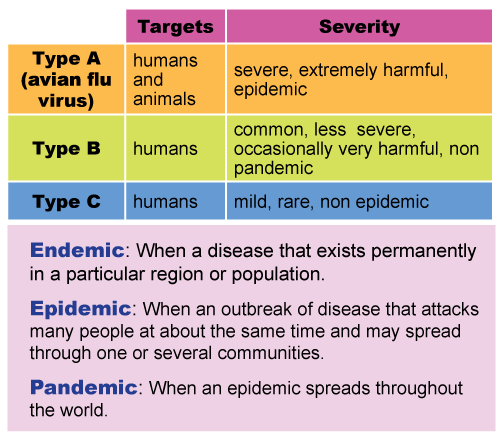
FLU FAQ’s
What are the symptoms of flu?
Most people with the flu feel tired and have fever, headache, dry cough, sore throat, runny or stuffy nose, diarrhoea/ vomiting, and sore muscles. Cough can last two or more weeks.
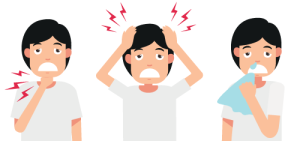
What’s the difference between flu & common cold?
The common cold usually causes a runny nose, sneezing and nasal congestion. It is a viral infection of your upper respiratory tract which is usually harmless and can occur at any time of the year.
Influenza also has the same symptoms and affects the upper respiratory tract as well, but onset is rapid and more severe. Viruses that cause flu are different from viruses that cause cold, flu also occurs seasonally.
How does it spread?
Infected children cough, sneeze, and have a runny nose which contains droplets with flu virus in them. Other people can get the flu by inhaling these droplets or getting them in their nose or mouth after touching a surface tainted with respiratory droplets.
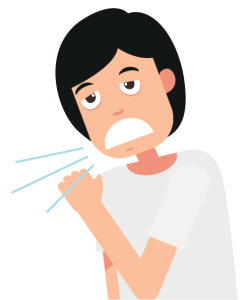
If my child has the flu, how long will he/she remain contagious?
How can I protect & prevent my child from the flu?
Will the vaccine protect my child from the common cold too?
What other medical options do I have other than vaccination?
Antiviral drugs can treat flu in children especially children who are very sick or hospitalised. It can make them feel better, get better sooner and may prevent serious flu complications, like pneumonia. However, those need to be prescribed by a doctor.
Never give aspirin or medicine that has aspirin in it to children or teenagers who may have the flu. Antibiotics are also not helpful because they’re only effective in treating bacterial infections.
What should I do in case my child gets sick?
Are there other ways to prevent flu?
Again, your child’s best bet is to get a flu shot. However, certain hygiene habits and practices will also help:
- Stay away from children who are sick
- Clean hands with soap often
- Keep hands away from face
- Cover coughs and sneezes to protect others
- Eat healthily & encourage your child to be physically active.
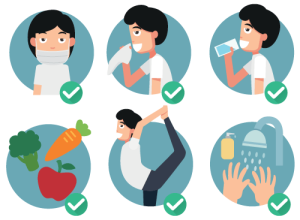
When should I be worried?
Contact the doctor immediately if your child:
- has a high fever that lasts a long time
- has trouble breathing or shortness of breath
- has bluish skin
- has difficulty taking up fluids
- seems confused or has seizures
- has recurrent symptoms
- has other underlying medical conditions (asthma, thalassemia, diseases being treated with steroids, etc.)
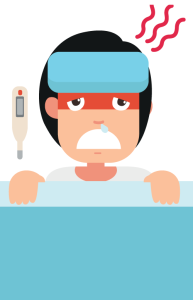
Can my child go to school?
An educational contribution by Malaysian Paediatric Association.

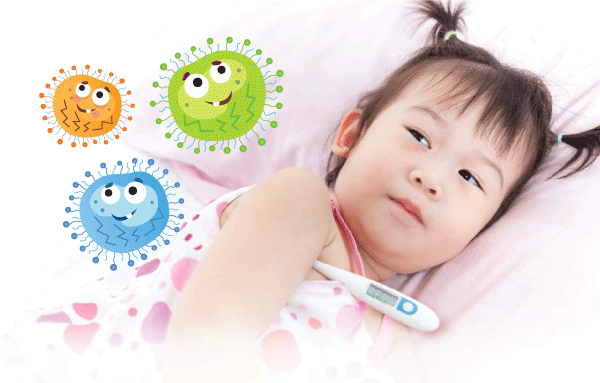




Comments